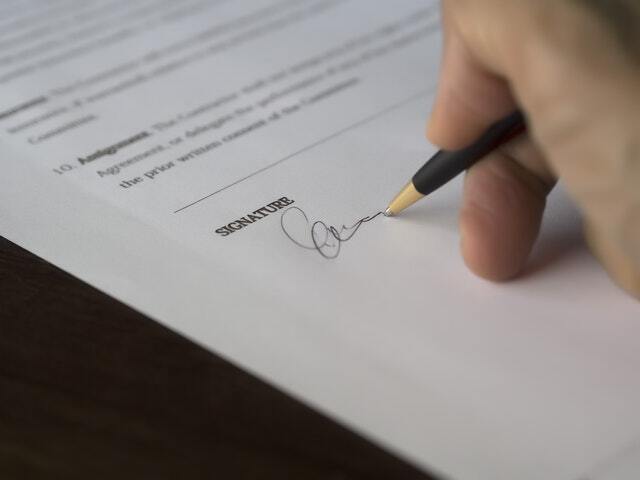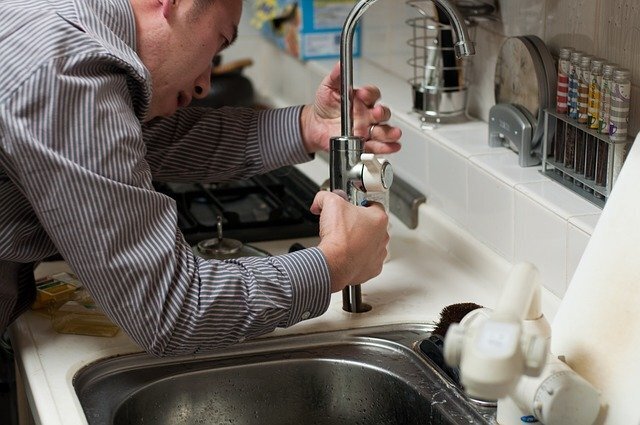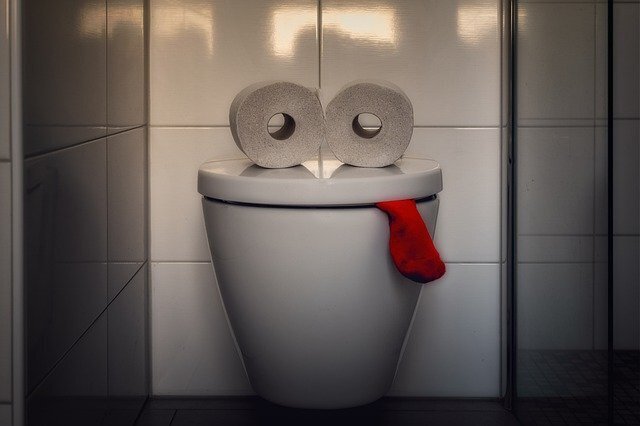
Plumbing maintenance and repair problems can occur anytime in a rental property. Often, these issues can become major points of contention between landlords and tenants.
Here is an outline of the responsibilities of each party when it comes to handling plumbing maintenance and repair in rental properties:
Before the Beginning of Tenancy
Before a tenant signs a lease agreement, it is exclusively the landlord’s responsibility to attend to plumbing maintenance and repair issues.
Property Check
The landlord should ensure that the rental property meets all health, safety, and building standards before renting it out. They should ensure that the property is habitable, which implies having proper heat, water, and electricity facilities and being free of structural issues.
Some vital checks include:
- Mending any plumbing leaks
- Inspecting metal pipes for corrosion
- Replacing showers or bathtub seals and looking into signs of dampness
- Ensuring there are no obstructions in gutters or drains
- Checking radiator functioning
Lease Agreement
Most landlords are quick to attend to their rental property maintenance issues. However, some may be careless and provide only a minimum amount while charging the tenant for minor repairs.

If you are renting a property, make sure you thoroughly go through the lease agreement. Check the lease for maintenance clauses and the landlord’s responsibilities. If you feel the need to clarify anything, consult your landlord immediately.
If you are a landlord renting out your property, it is your duty to inform the tenant about what they need to do in case of emergencies. You can give them the number of an emergency plumber and provide a list of instructions that could include the following pointers:
- Make sure you do not flush down large, non-biodegradable waste down the toilet, such as cotton swabs, diapers, feminine hygiene products, and other non-paper products.
- Hard objects and greasy or starchy food items should not go into the garbage disposal.
- Take out hair from the sink and shower drains to keep them unclogged.
- Clean laundry lint filters routinely.
It is also a good idea to let the tenants know the kind of damages that may occur if they fail to follow instructions.
Plumbing Emergencies
During a plumbing emergency, the tenant needs to inform the landlord right away while controlling the damage. Plumbing issues that are usually considered emergencies include:

- Ruptured water pipes
- Overflowing toilets and sinks
- A blocked toilet
- An out of order water heater
- No running water in the kitchen
- A major roof leak
- Storm, fire, or impact damage
- Flooding
It is crucial to differentiate between emergencies and minor repairs. Legally, landlords are responsible for handling emergency issues but not the problems outside this sphere.
In case of an emergency scenario, landlords should respond immediately as it can endanger their tenants’ health. Landlords are not obligated to notify the tenants before accessing the property in such situations.
If your landlord does not respond and fails to look into an emergency problem, consider other options such as contacting the local housing authority or filing a claim in a claims court. Carefully think about your actions to avoid undue conflict and expense.
Non-Emergency Repairs
Non-emergency repairs are often not serious issues and do not need to be dealt with immediately. These damages are not major threats to habitability. Here are some examples of common non-emergency plumbing problems:
Leaking Toilet
A familiar problem that can cause your water bill to spike is a leaking tap. Usually, this issue is easy to spot, but if the tenant finds out about it late, it can result in hefty expenses for both the tenant and landlord.
To determine who would pay for the damages, it is important to investigate the cause. Although it is a landlord’s responsibility to pay for a leaking or broken toilet, a tenant must report it as soon as possible to avoid a high water bill. It is important to know how the issue began and the clauses in the rental agreement to decide who pays to fix the problem.
Blocked Toilet
A flooded or blocked toilet is another common issue faced by renters. It is generally a tenant’s responsibility to fix such toilets as they are caused by flushing something down the toilet that was not meant to go down there.
Damaged toilet buttons or flush devices are also the tenant’s duty to fix. If the toilet is damaged to the extent that it requires a replacement, it can prove to be a costly venture. In this case, the landlord may agree to divide the expenses for a new toilet.

As a landlord, if you are aware that the problem did not exist before your tenant moved in, then you are not liable to pay for repairs. You can help out your tenant by arranging for a plumber to visit, but let the tenant pay the expense. However, if the issue was not the tenant’s fault, then you should cover the cost.
Non-Urgent Repairs
Non-urgent repairs are not emergencies but habitability requirements. They do not require immediate repairs, but landlords need to attend to them.
The timeframe within which you should complete such plumbing maintenance and repair depends on your local regulations. Some jurisdictions compel landlords to resolve such issues within two weeks.
If your landlord fails to respond to your concerns, you should contact local authorities. Legal avenues exist to ensure that the landlord takes responsibility.
The confusion regarding plumbing maintenance and repair in a rental property is understandable. Landlords are responsible for ensuring that a property is habitable before a tenant moves in and are legally responsible for emergency plumbing issues.
On the other hand, tenants should cover the costs of rental property maintenance and repair needs that arise due to their negligent or damaging actions. Lease agreement clauses and local laws help determine whether renters have to pay for minor plumbing repair and maintenance.